When Should You Replace Your Shampoo Or Conditioner?
Keep your hair fresh and healthy by knowing the perfect time to switch your haircare!
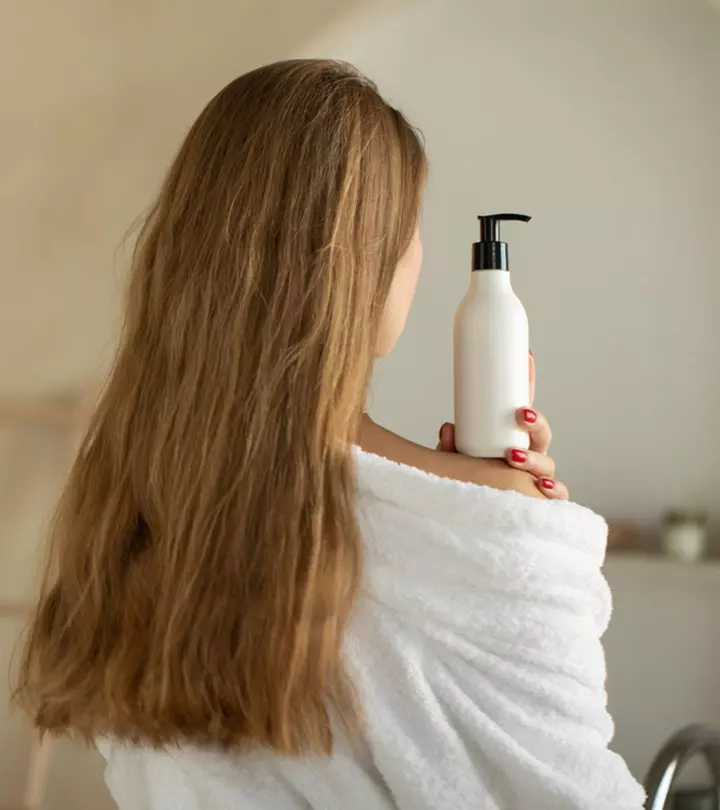
Image: Shutterstock
Most of us use up our shampoo and conditioners way before they hit their expiry dates. And that is not surprising as these are basic products needed for our hair care routine. However sometimes shampoos and conditioners may lose their efficiency before their expiration date, or, you may need some other product to attend to your hair’s current needs. So, how would you know if your shampoo and conditioner are made for your hair? Well, don’t worry as we are here to help you with that. In this article are a few things that you should keep in mind to make sure your hair benefits from your hair care products. Read on to know them all!
In This Article
1. Changing Hair Texture
Your hair, like everything else, is subjected to change. Have you noticed your once-silky strands feeling more like straw lately? This change in texture could be a sign that your current hair care routine isn’t cutting it anymore.
As we age or experience shifts in climate, diet, or hormonal balance, our hair’s needs evolve. Consider switching to a hydrating formula if your hair feels dry, or opt for a lighter option if it seems weighed down.
2. Regular Buildups
Over time, the products we use leave residues that can accumulate on our hair and scalp. If you’ve noticed your hair feeling dull, heavy, or just not as clean as it used to be, it might be time for a change.
Look for shampoos with clarifying properties to remove product buildup and restore your hair’s natural shine. An occasional apple cider vinegar rinse can also work wonders in breaking down stubborn residues.
3. Itchy And Flaky Scalp
An itchy, flaky scalp is not just a winter woe and it may be a sign for an imbalance in your hair care routine. If you find yourself constantly scratching or noticing snowfall on your shoulders, it’s a clear indication that your current products might not be meeting your scalp’s needs.
You can opt for anti-dandruff formulas or those infused with soothing ingredients like tea tree oil to calm irritated skin.
4. Life Changes
As we transition through different phases in life, our hair care needs may shift accordingly. Pregnancy, menopause, or even a change in stress levels can impact the health of your hair. During pregnancy, for instance, hormonal changes might make your hair thicker, so you might need a different set of products to manage this newfound volume. Pay attention to how your hair responds to life changes, and adjust your shampoo and conditioner accordingly.
Be Aware Of The Ingredients In Your Hair Care Products
The beauty industry is ever-evolving, and so is our understanding of what goes into our favorite products. Take a moment to scrutinize the ingredient list of your shampoo and conditioner. If you find your current products laden with harsh chemicals like sulfates, parabens, or silicones, it might be time to explore cleaner, more natural alternatives. Opting for products with natural oils, botanical extracts, and fewer synthetic additives can make a significant difference in the long-term health of your hair.
What To Use For Color-Treated Hair?
If you’ve recently colored your hair, your regular shampoo and conditioner might not be equipped to handle the specific needs of treated hair. Colored strands require extra care to maintain vibrancy and prevent premature fading.
Look for color-safe formulas that are gentle on your locks while locking in that radiant hue. Investing in a good quality conditioner designed for color-treated hair can also enhance moisture retention and prevent dryness.
What To Use If You Need To Frequently Style Your Hair?
If your daily routine involves heat styling, frequent use of styling products, or exposure to environmental pollutants, your hair may be subjected to higher levels of stress. In such cases, a standard shampoo and conditioner might not be sufficient. Consider incorporating a deep-cleansing shampoo into your routine to detoxify your hair and remove accumulated impurities. Follow up with a nourishing conditioner to restore moisture and keep your locks resilient against styling-induced damage.
Achieving healthy hair isn’t just about choosing the right shampoo and conditioner; it’s also about using them correctly. Start by wetting your hair thoroughly, allowing the water to open up the hair cuticles for better product absorption. Apply a small amount of shampoo, focusing on the scalp, and massage gently using your fingertips to stimulate blood circulation and cleanse the roots. Rinse thoroughly to ensure no residue is left behind.
When it comes to conditioner, concentrate on the mid-lengths to ends, where your hair needs the most moisture. Use a wide-toothed comb to distribute the conditioner evenly and leave it on for the recommended time before rinsing with cool water to seal the cuticles and enhance shine.
Remember, less is often more, so avoid overloading your hair with products. Tailoring your approach to your hair type and needs will ensure you’re making the most of your shampoo and conditioner duo for a healthy and gorgeous mane. Have a good hair day!
Read full bio of Indrani Karmakar


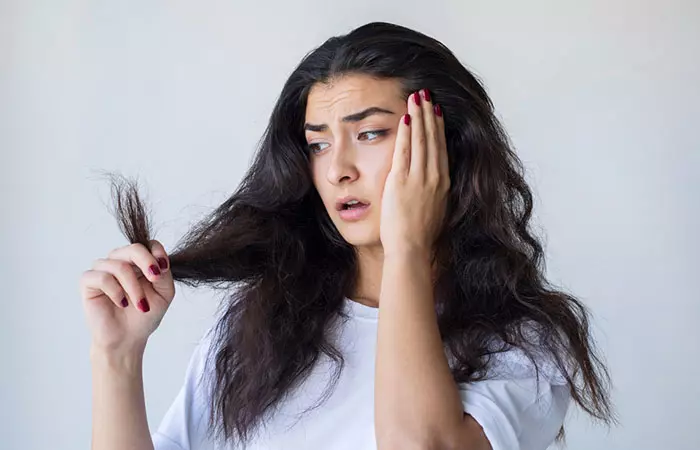
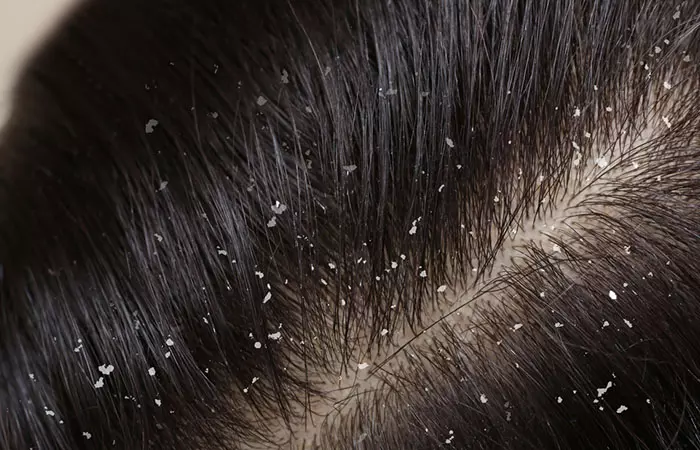
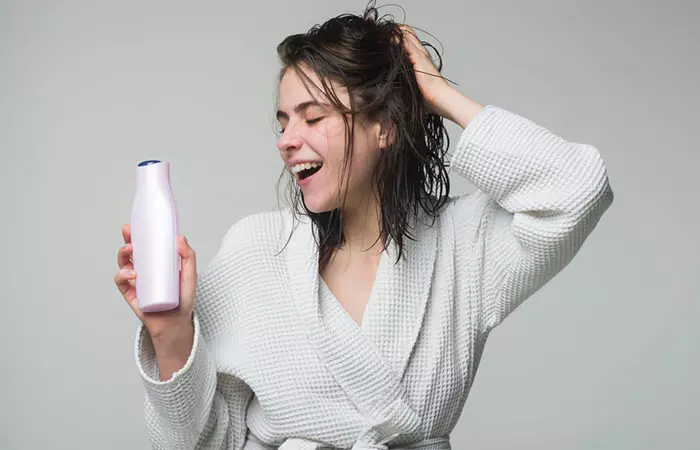
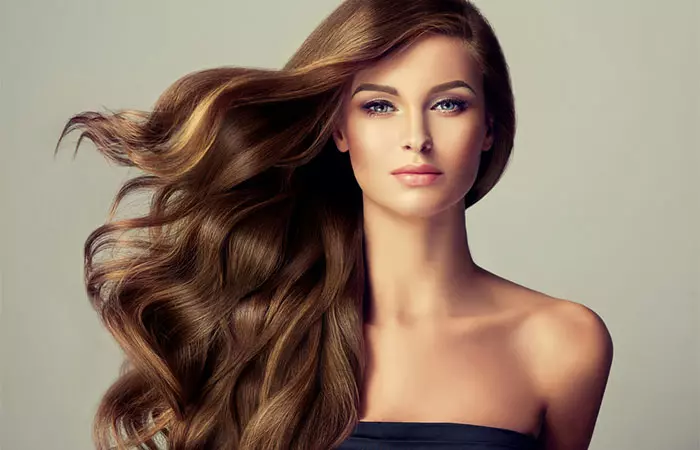



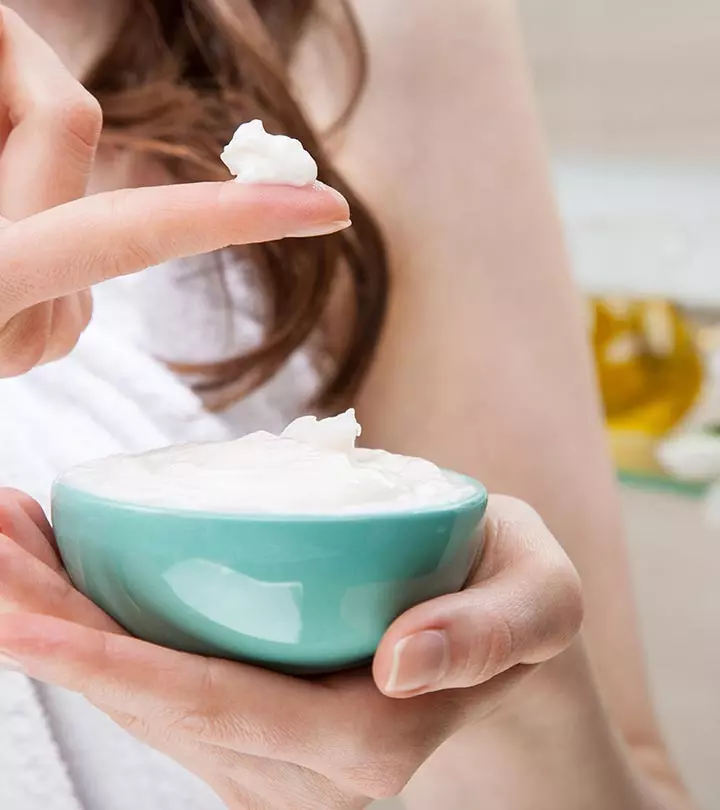
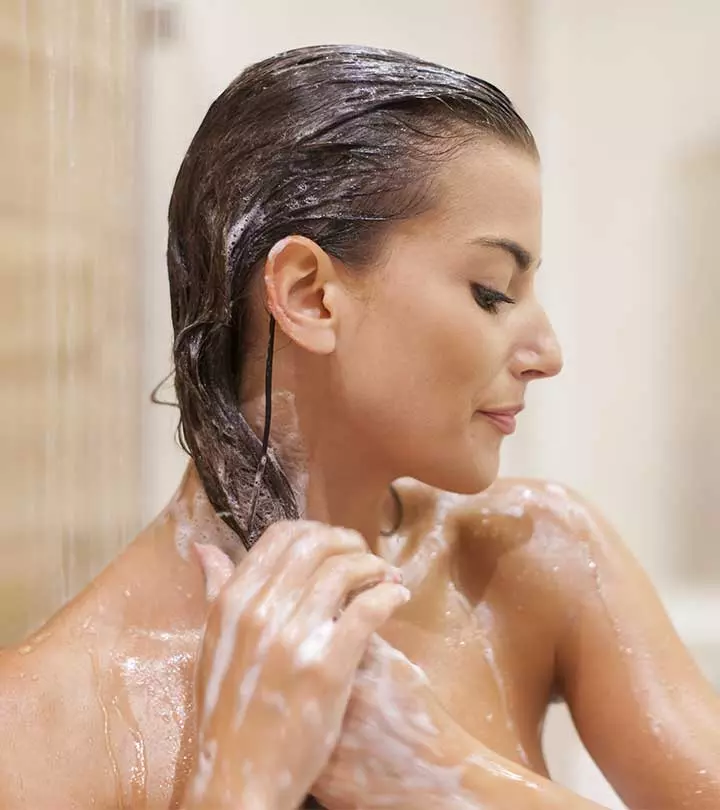
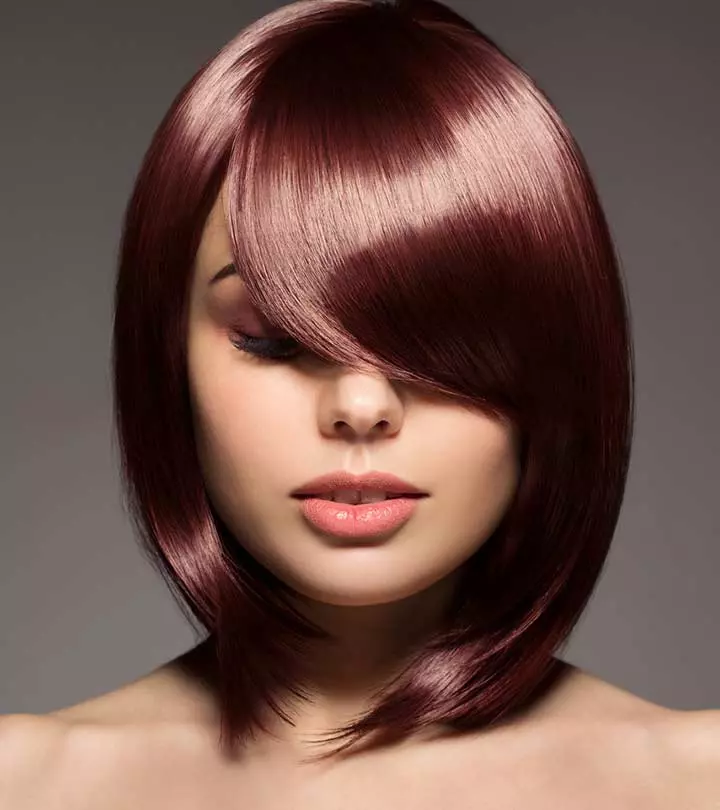
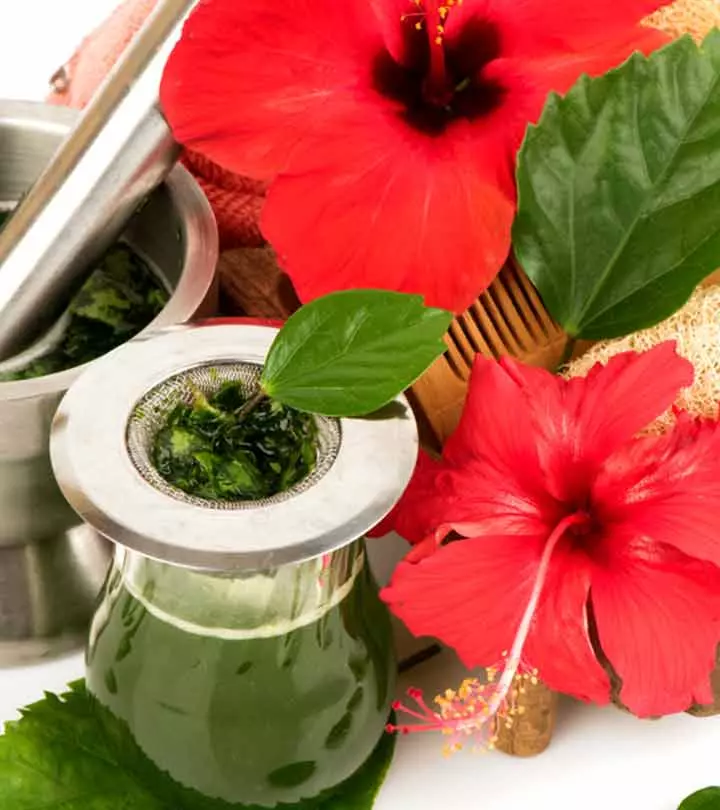
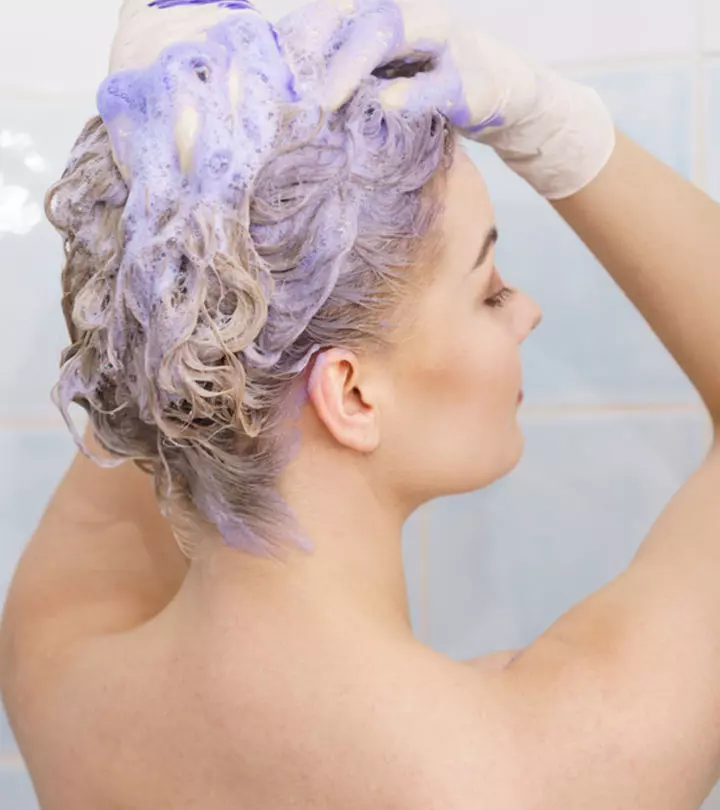
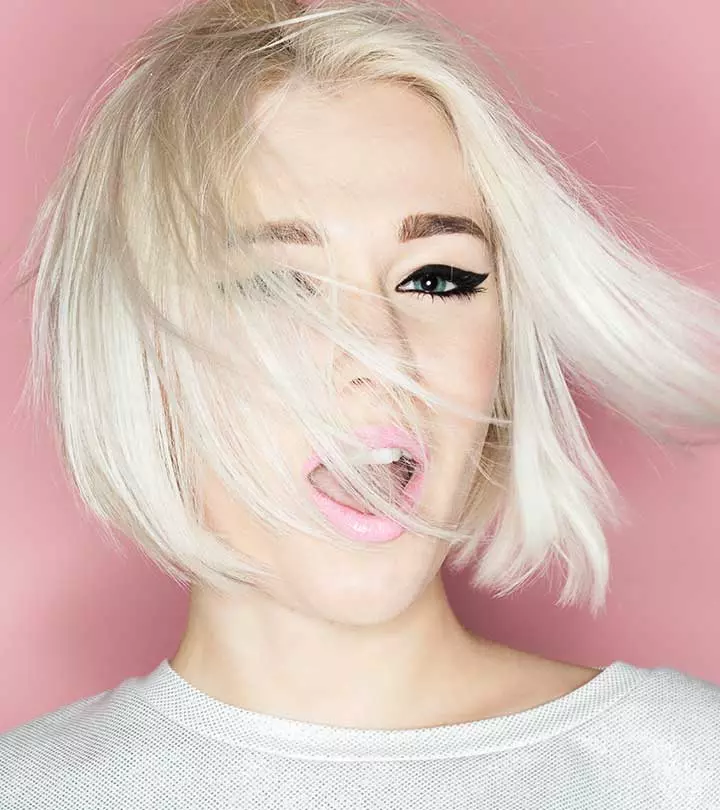
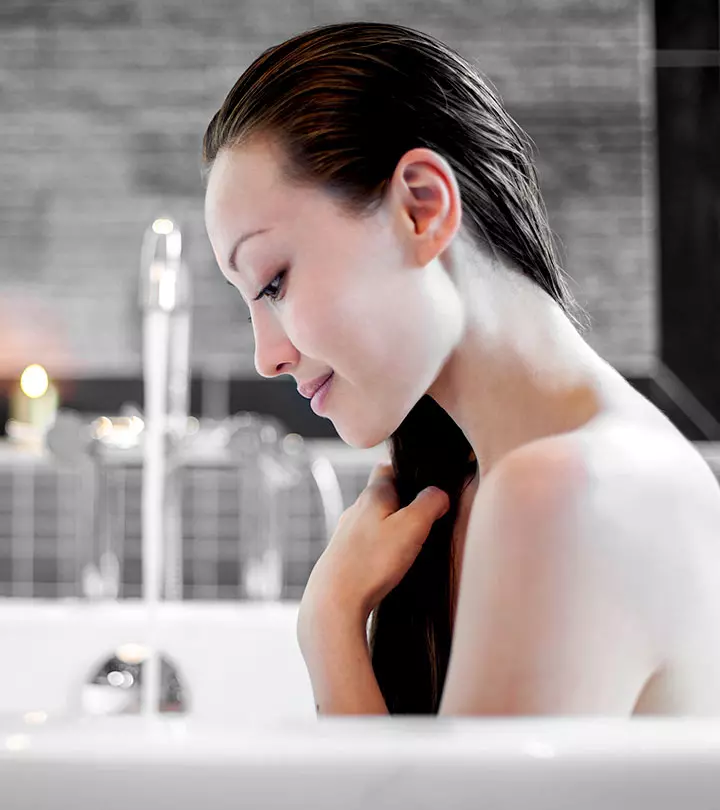
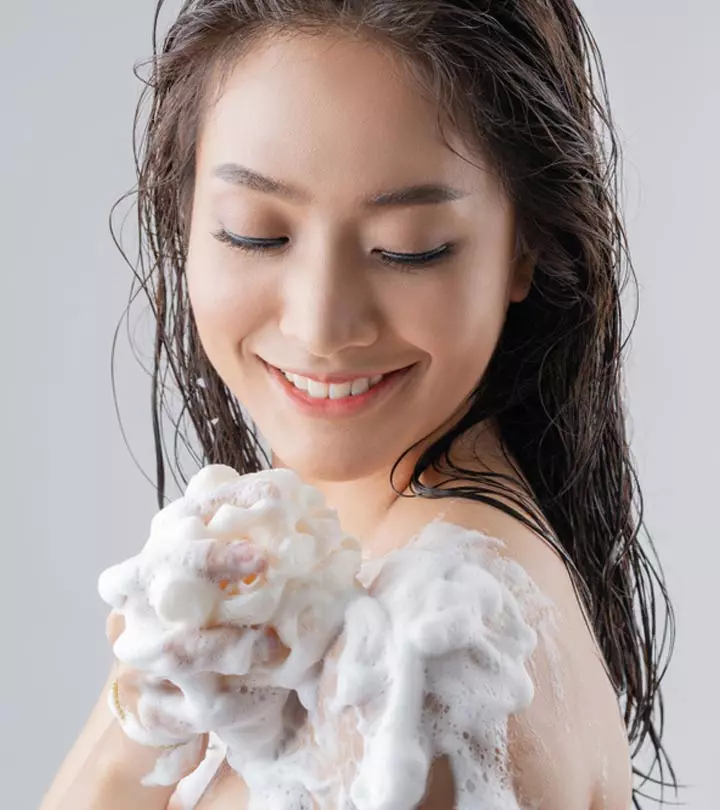



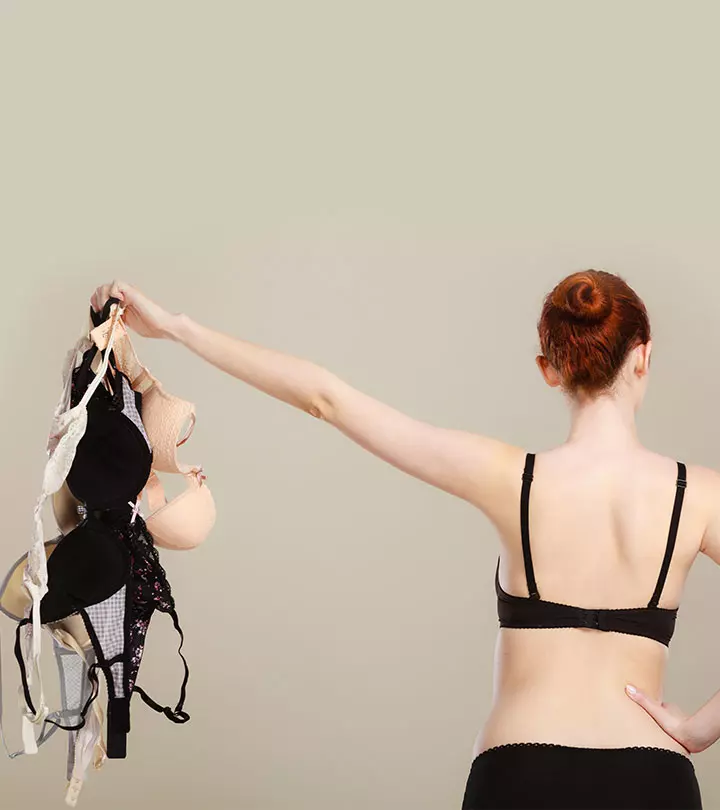








Community Experiences
Join the conversation and become a part of our empowering community! Share your stories, experiences, and insights to connect with other beauty, lifestyle, and health enthusiasts.